10 Old-Fashioned Money Saving Skills That You NEED to Learn

Are you looking for ways to save money and be more self-sufficient? Check out this list of Old-Fashioned Skills that you should learn today including gardening, bartering and mending.
This post was originally published in November 2014 and has been updated for you convenience.
This post contains affiliate links. If you make a purchase through one of these links, we will make a small commission at no extra cost to you. See our Disclosure Policy for more information and thank you for your support.
A lot of basic skills that were once common knowledge are now deemed old-fashioned or unnecessary, but we shouldn’t be so quick to discard them.
If we took the time to learn how to do more for ourselves instead of paying someone else to do it, then we’d have more money and a greater sense of accomplishment that can’t be bought.
Not to mention, the current situation that we are going through has opened a lot of peoples eyes as to how much is out of their control, but by practicing a few of these old-fashioned skills, you will not only save money, but also become a little more self-sufficient in the process.
I personally practice a lot of these skills because I think it’s good to know how to fend for yourself if the need arises. So here are my top 10 Old-Fashioned Money-Saving Skills that I think everyone should learn!
Gardening
You can potentially get hundreds of tomatoes from one $2 packet of seeds, but how many tomatoes will that same $2 get you from the store? Gardening is a great way to save money if you can keep costs down by growing plants from seed and using natural soil amendments. If you are new to gardening or just want some more gardening tips, be sure to check out the links below.
Additional Gardening Resources:
- Improve Your Garden Soil for FREE Using Kitchen Scraps
- 10 Easy to Grow Vegetables for Beginner Gardeners
- 15 Money-Saving Gardening Tips That Will Save You Hundreds
Preserving Food
Knowing how to preserve your own food is an amazing money-saving skill to have especially when you grow it yourself. It also comes in handy when you can find produce in bulk at rock bottom prices. Canning, freezing and dehydrating are the most common food preservation methods. Check out the National Center for Home Food Preservation Website to start learning today!
Food Preservation Recipes:
- 3-Ingredient Strawberry Freezer Jam
- How to Freeze Bell Peppers
- Dehydrated Apple Cinnamon Rings
- Oven-Roasted Cherry Tomato Sauce
Foraging
Foraging is something that our ancestors knew way more about than we do today. If you don’t know, foraging is when you find food that is growing wild like picking berries in the woods or dandelion greens in your backyard.
I wish I knew more about this lost skill, but sadly my knowledge is limited. The best way to safely learn about identifying nontoxic edibles is to sign up for a local class or take a course on the subject. You could also find books from your local library, but I’d be leery of relying on photos alone as a lot of edible plants also have toxic look a likes. Check out Wild Edibles to learn more.
Bartering
Our culture is so used to spending money that bartering isn’t even on most people’s radar and I think that’s a crying shame. Bartering is when you trade your skills, time or goods for someone else’s. For example, I could crochet someone a hat in exchange for a couple of hours of babysitting or I could trade some of my surplus garden produce for piano lessons.
Think about how much money you would save if you put this into practice more often. Also, there are lots of bartering groups on Facebook which would be a great place to start.
Mending
Since clothing is so cheap and plentiful these days, sewing handmade garments is normally more expensive than buying off the rack, but having basic knowledge of mending and tailoring can save you tons of money. I don’t know how many times I’ve extended the life of my families clothes simply by sewing on buttons or mending seams. Check out Martha Stewart to learn the basics of Mending. Also, I really enjoyed the book Mending Matters by Katrina Rodabaugh.
Cooking from Scratch
It’s amazing how much money we spend on convenience food. I did the math and I spend $50 per month on yogurt and granola bars alone!! That’s insane considering I try to keep my food budget under $100 per week. So just by making those two items from scratch I could save TONS. Just think how much you would save if you started making just one new convenience item at home per month.
Resources For Cooking From Scratch:
- 40 Groceries You Should Make at Home to Save Hundreds of Dollars
- 7 Frugal Cooking Tips from the Great Depression
- 25 Old-Fashioned Recipes Your Grandma Knew By Heart
Hunting/Fishing
While my family doesn’t hunt or fish much, plenty of our friends do and I think it’s a wise skill to have in case you need to provide for yourself one day. Also, store-bought meat is expensive and being able to kill your own is a huge money saver! Of course it isn’t free to hunt, but it’s still a good source of quality meat on a budget. What would our ancestors have done without dear, wild turkey or fish to keep them going?
Keeping Chickens
Disclaimer: This was originally written in 2014 when egg prices were higher.
Keeping a few chickens may not save you much money, but in most cases the cost of feed versus the cost of eggs/meat evens out. You can keep costs down by letting them free range, feeding them kitchen scraps and selling your extra eggs to family and friends. You could also collect scraps from friends or local restaurants to feed to your hens, but make sure they are getting mostly whole foods such as vegetables, grains, etc.
Remember, your backyard chickens will produce higher quality eggs with a denser nutrition profile, which can cost upwards of $5 or more per dozen at the store, so it’s not fair to compare the cost of the absolute cheapest eggs that you can find to the price of keeping chickens.
Paying Cash
Paying cash definitely seems like an old-fashioned skill these days, but it’s a great one to keep alive! Did you know that people tend to spend more when they use a card verses paying cash? Also, you can normally talk someone down on price when you have cash in hand. For more budgeting tips, check out The Total Money Makeover by Dave Ramsey.
Going Without
Did your TV break? Go buy a shiny new one and put it on the card! Did the car break down? Trade it in for a new one and pay for it later! It seems like our culture tells us we deserve everything instantly, but by doing so we’re missing out on valuable life lessons such as patience, resourcefulness, hard work and gratitude.
Not to mention that delaying gratification allows you to avoid paying interest and save even more money. The next time you want to buy something, ask yourself if you can find it cheaper, make it yourself or go without or better yet try living by the motto made famous by the great depression: Use it up, wear it out, make it do or do without!
Which of these skills do you practice to save money? Do you have anymore to add? I’d love to know!
Follow Graceful Little Honey Bee on:

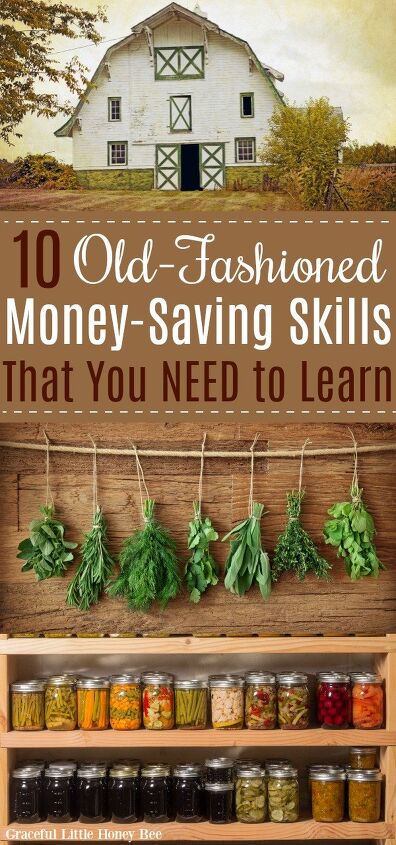

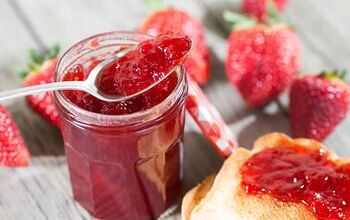





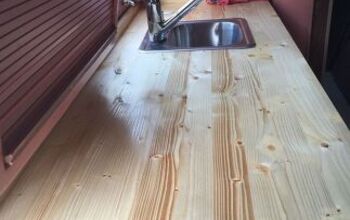
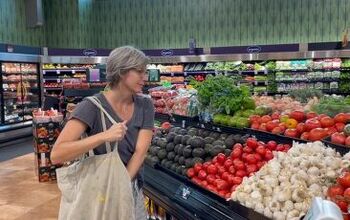

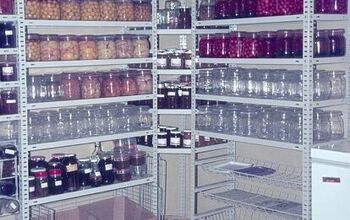
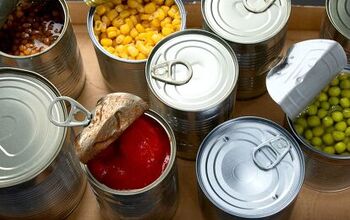
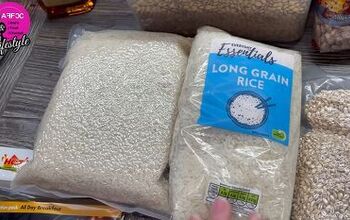

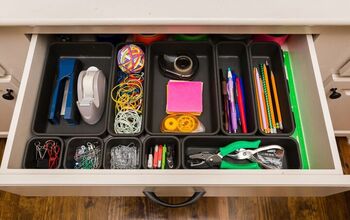

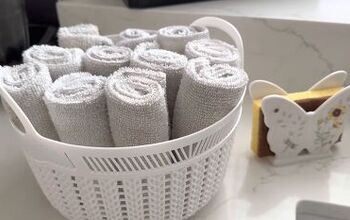

Comments
Join the conversation
Way too much government interference. Great ideas for saving and making do with what you can actually afford.
Most of these suggestions assume you live somewhere where you can have a garden, forage, have room to store your preserved food, raise chickens. I live in the city in a small condo so while these are great ideas, they aren't possible. I do agree with cooking from scratch. You can also make your own cleaning supplies, laundry detergent, soap, etc.